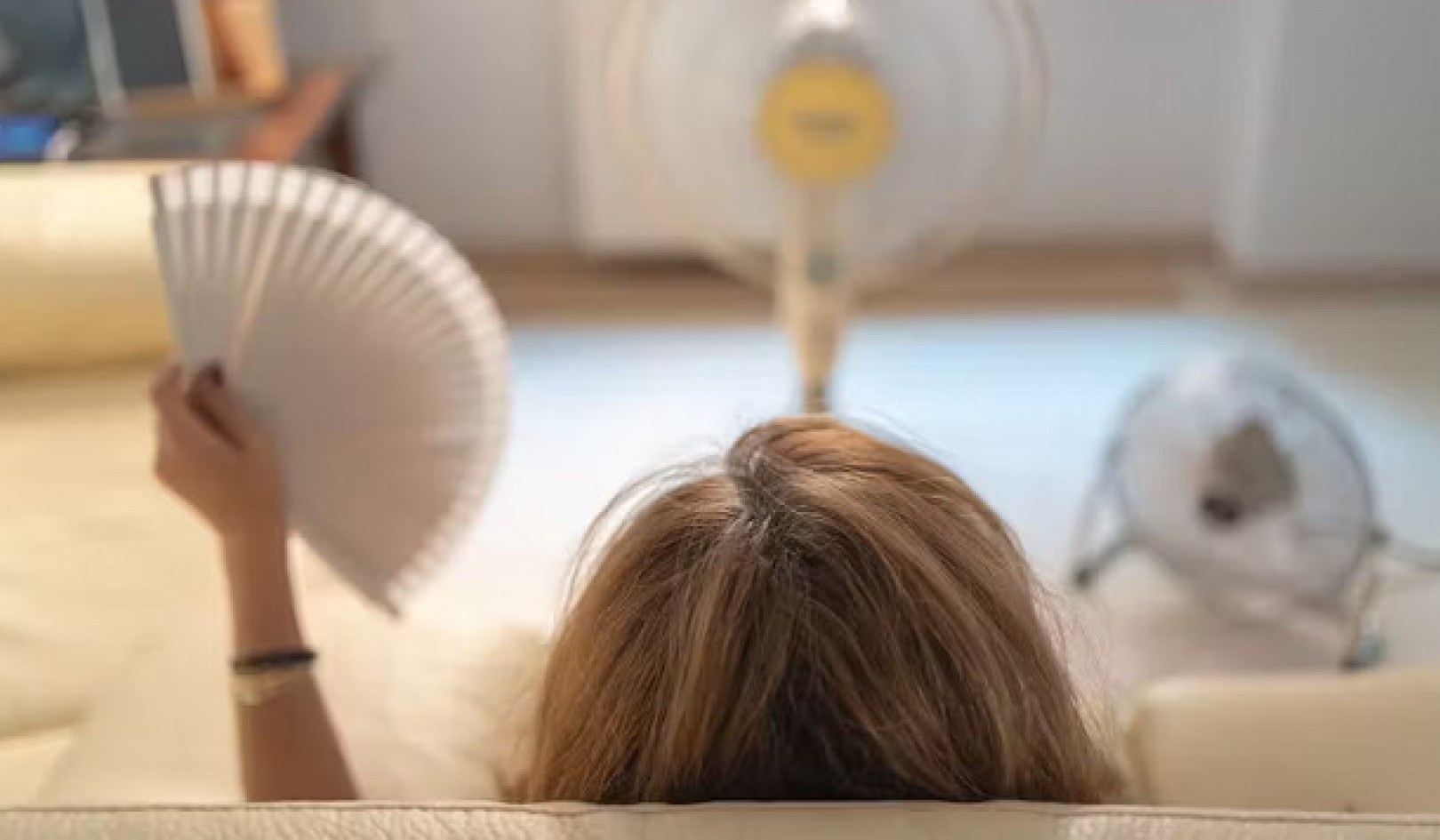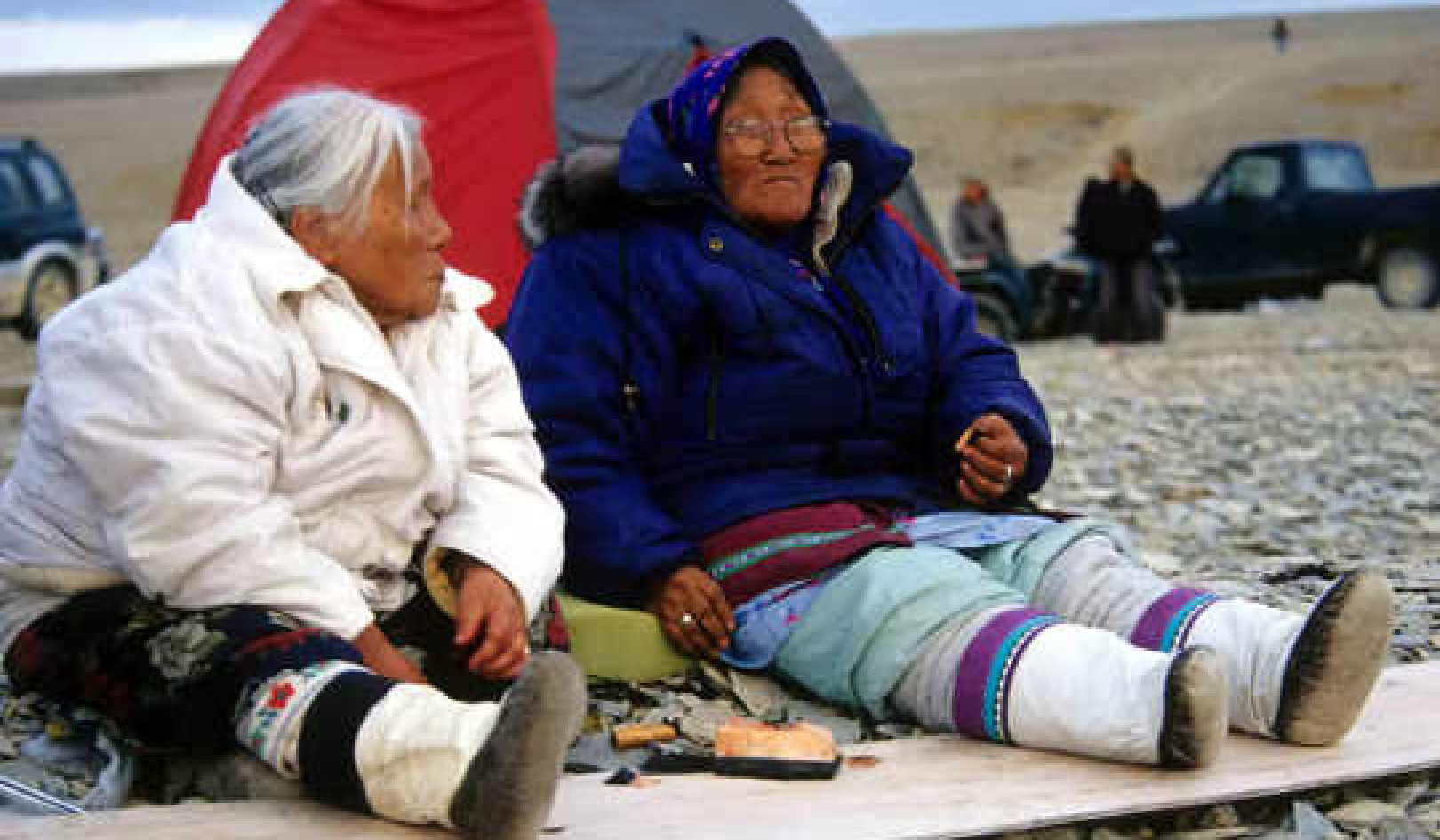
Americans who live in the suburbs seem to be happier than those who live in rural areas and inner cities—unless they have a long commute to work.
A recent study also shows that residents in the most unhappy communities say they spent 8.3 days a month in a negative mood.
“This is a real concern not just in the United States, but across the world,” says Stephan Goetz, professor of agricultural economics and regional economics at Penn State.
“Poor mental health can result in considerable economic costs, including losses of billions of dollars to lower productivity and this doesn’t even include the staggering personal costs of negative mental health and depression.”
After controlling for certain conditions, such as commute time, people who lived in suburbs tended to report the fewest poor mental health days. Places where people feel more connected with the community also report fewer poor mental health days.
“People who live in the suburbs are closer to jobs and all of the amenities that a big city can provide, but they’re also far enough away from the stress of the inner city,” Goetz says. “It may be that you don’t want to be too close to people, but you don’t want to be too far away either.”
Network of Support
Another important result was that people facing longer commutes experienced significantly more poor mental health days, regardless of whether they lived in a suburb, rural area, or inner city, Goetz says.
Tighter knit communities also are happier. People who live in communities with strong ties—or high social capital—have better general well-being and can rely on a network of support to help when stresses do arise.
“The more supported you are by the community, the happier you are, and the better you are able to cope with troubles,” says Goetz.
While the negative effects of income inequality are receiving more attention from economists lately, if community leaders are concerned with improving mental health, they should try to reduce poverty rather than attempt to manage income equality.
“When you live in poverty you might not care about how well-off your neighbors are, you just want to get out of poverty,” Goetz says. “The research doesn’t suggest that income equality doesn’t matter, but it does indicate that the sting of actual poverty is far worse.”
Before The Recession
To gather information on poor mental health days, the researchers studied census data and information from the Behavioral Risk Factor Surveillance System, a telephone survey that includes information on how many days in a month participants would describe their mental health as poor. Because the recent economic downturn could skew the mental health figures, the researchers used information from 2002 to 2008, a period before the recession.
The researchers also used information from the Economic Research Service of the US Department of Agriculture and the US Census.
Future research may look at how improving the economic conditions and cohesion of a community could lead to more optimistic residents as an approach to curb drug and alcohol abuse in communities.
“As economists we talk a lot about financial costs, but often don’t consider the high personal costs that are incurred in some of these communities, including those associated with drug abuse and crime,” Goetz says.
Source: Futurity.org
Original Study
About the Author
 Matthew Swayne is a Research and Technology Information Officer at Penn State. He also is a Public Relations Manager and Adjunct Journalism Instructor at the university.
Matthew Swayne is a Research and Technology Information Officer at Penn State. He also is a Public Relations Manager and Adjunct Journalism Instructor at the university.
Disclosure Statement: Researchers from Texas A&M University contributed to the study, which was supported by the USDA.
InnerSelf Recommended book:
Sustainable Happiness: Live Simply, Live Well, Make a Difference
edited by Sarah van Gelder and the staff of YES! Magazine.
 The authors offer creative ways to cultivate a happiness that is sustainable in every sense: one that is nurturing, enduring, just, and life affirming for individuals, society, and the earth. Sarah van Gelder and her colleagues at YES! Magazine have been exploring the meaning of real happiness for eighteen years. In this much-needed volume, they marshal fascinating research, in-depth essays, and compelling personal stories that lead to a life-altering conclusion: what makes us truly happy are the depth of our relationships, the quality of our communities, the contribution we make through the work we do, and the renewal we receive from a thriving natural world.
The authors offer creative ways to cultivate a happiness that is sustainable in every sense: one that is nurturing, enduring, just, and life affirming for individuals, society, and the earth. Sarah van Gelder and her colleagues at YES! Magazine have been exploring the meaning of real happiness for eighteen years. In this much-needed volume, they marshal fascinating research, in-depth essays, and compelling personal stories that lead to a life-altering conclusion: what makes us truly happy are the depth of our relationships, the quality of our communities, the contribution we make through the work we do, and the renewal we receive from a thriving natural world.
Click here for more info and/or to order this book on Amazon.
























